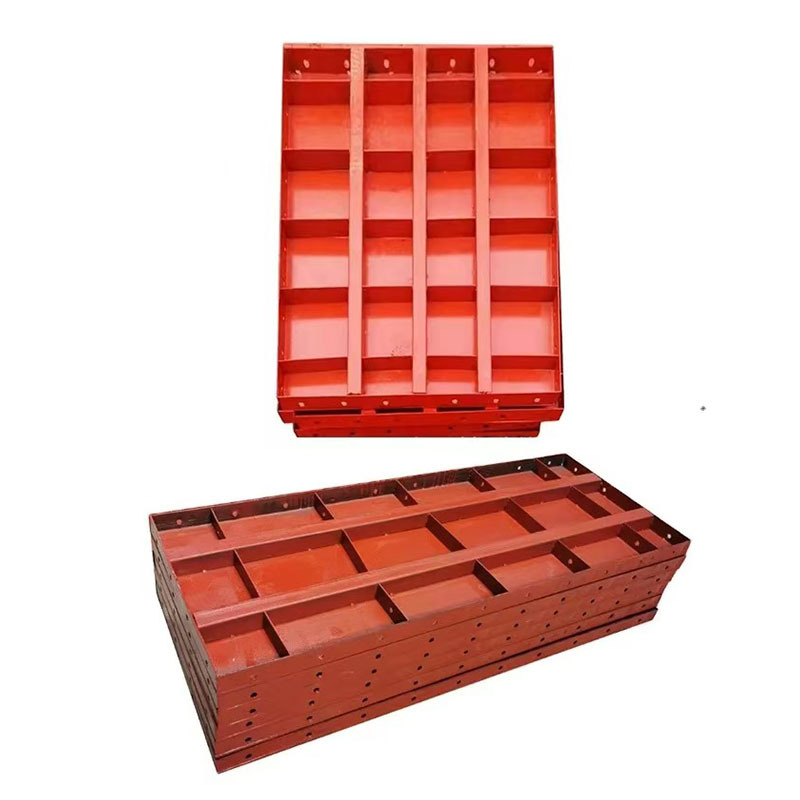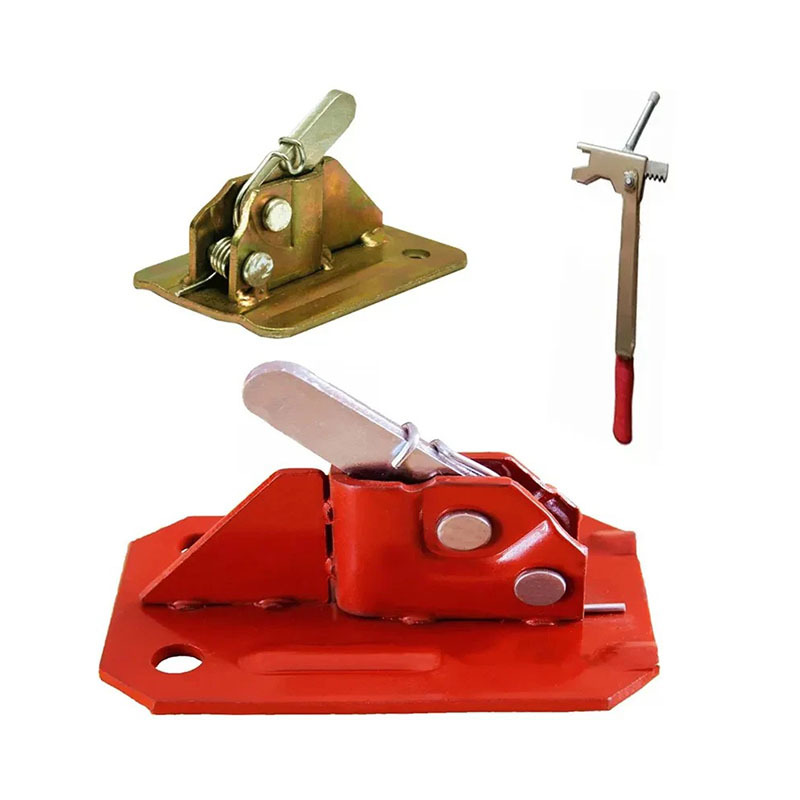The Essential Guide to Steel Formwork in Construction
Steel formwork is a crucial component in modern construction, offering unique advantages that elevate the efficiency and effectiveness of building projects. Unlike traditional timber formwork, steel formwork is engineered to provide strength, durability, and reusability, making it an excellent choice for a variety of construction applications. One of the biggest advantages of steel formwork is its

One of the biggest advantages of steel formwork is its high strength-to-weight ratio. This feature allows for the creation of sturdy structures capable of withstanding heavy loads during the pouring and curing processes. Steel's robustness ensures that the formwork remains intact and functional throughout the construction phase, reducing the risk of structural failure.
Another significant benefit of steel formwork is its reusability. Unlike wood, which can only be used a limited number of times before it deteriorates, steel can be reused many times without losing its integrity. This not only leads to cost savings in the long run but also contributes to more sustainable building practices by minimizing waste.
The precision of steel formwork is another critical advantage. Steel is manufactured to exact specifications, ensuring that the resulting concrete structures are uniform and meet design requirements. This level of accuracy helps in reducing the time spent on adjustments and corrections, facilitating a smoother workflow on the construction site.
Steel formwork is also highly adaptable, accommodating a range of construction designs, from simple walls to complex geometrical shapes. This flexibility makes it particularly appealing for projects that require unique architectural features. Additionally, the use of steel formwork can significantly speed up the construction timeline, as it allows for quicker assembly and disassembly compared to traditional options.
In terms of safety, steel formwork presents a more stable working environment. Its strong composition minimizes the risk of collapsing or bending under heavy loads, providing workers with a secure platform to operate. This is particularly important in high-rise construction projects, where the stakes are much higher.
Moreover, steel formwork can enhance the quality of the finished product. The smooth surface of steel reduces the need for extensive finishing work, leading to a cleaner and more polished final result. Consequently, this can also improve the overall aesthetic appeal of the building.
In summary, steel formwork stands out as a vital material in the construction industry, offering unmatched strength, reusability, precision, adaptability, and safety. By integrating steel formwork into building projects, contractors can not only enhance operational efficiency but also contribute to better sustainability practices. As the construction landscape continues to evolve, steel formwork's role is likely to become even more pronounced, making it an essential material for future development.
Key words:
PREVIOUS:
PRODUCT SEARCH
Search And Quickly Find The Products You Need
With advantages in technology, quality, and service, the company is steadily advancing in the industry, continuously providing high-quality hydraulic rubber products and services to global customers, demonstrating strong development potential and broad market prospects.










